- Home›
- Healthy Living›
- Here Are 12 Reasons Why You Should Consume Kale
Here Are 12 Reasons Why You Should Consume Kale
By: Priyanka Maheshwari Fri, 10 June 2022 09:09:57
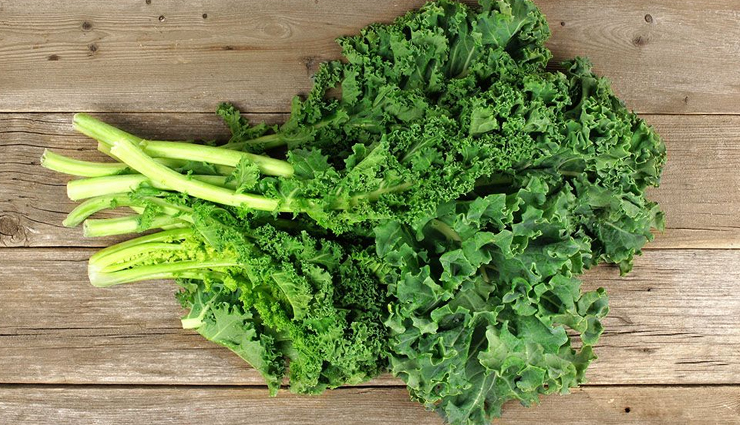
There are so many foods that we want to include in our diet to get their benefits, but we just drop them off the list because we don’t really know the right way to cook them. Either we end up hard boiling them or eat them as is–which makes the situation a little dicey and we end up getting almost no nutrition. Therefore, it is very important to know the right way to cook a superfood. And today we are picking one such superfood, kale, because the health benefits of kale will leave you stunned.
It is a no brainer that green leafy vegetables are great additions to your weight loss diet and that makes kale a perfect catch. According to celebrity nutritionist, Dr Anjali Hooda, kale belongs to the brassica family vegetable and comes under the category of cruciferous vegetables. It is very high in vitamin C , vitamin K , folate, and manganese.
Plus it’s high in antioxidants in the form of dark pigments zeaxanthin and lutein. It also contains glucosinolates which reduces the risk of chronic diseases like cancer.

# Cancer-Fighting
Cancer is not only fought by the antioxidants when it comes to kale. Kale also has indole-3-carbinol and sulforaphane, both of which aid in the stopping of cancer growth. Between the antioxidants and these two compounds, kale might be just the thing you need when trying to keep cancer at bay.

# Losing Weight
Kale has lots of fiber in it which in itself can promote healthy weight loss. This plant is also quite low in calories. So you can eat a good amount of kale in a salad or in other snacks without having to worry about adding on weight.
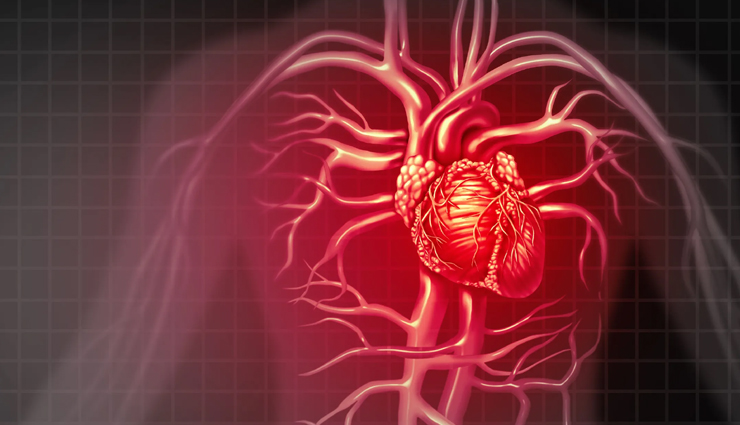
# Heart Health
Anti-inflammatories and antioxidants are both very important when it comes to keeping your heart in the best shape it can be in. Kale has both. So the plant can help the arteries from becoming blocked, can improve circulation, and can help to keep cholesterol levels where they should be.

# Eye Protection
Cataracts and macular degeneration are two of the most common eyes issues that people come across. Luckily enough, kale can help to ward off both of them. Kale can do this because it contains zeaxanthin and lutein. They are both work together with carotenoid antioxidants to keep your eyes strong and healthy.
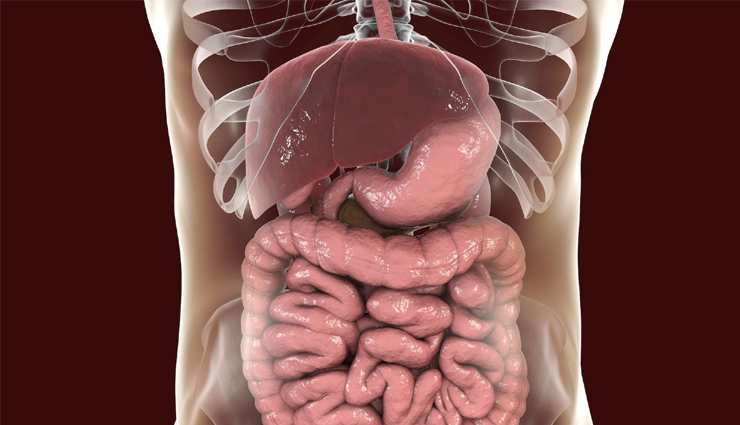
# Digestion
Kale has a good amount of fiber in it and the stems of kale have even more prebiotics. The fiber and prebiotics can do amazing things for keeping constipation and other stomach troubles at bay.
Kale stems are rather tough when raw, but you can cook them in olive or avocado oil and add in some sea salt to have a nice dip or topping for breadsticks or salads.
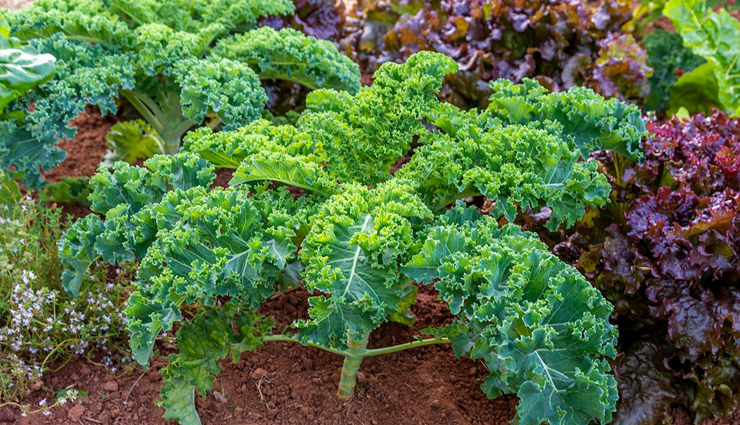
# Antioxidants
Kale is very powerful when it comes to different kinds of antioxidants. It also has quercetin and kaempferol (both are flavonols) as well as two different kinds of carotenoids. These antioxidants can protect your body from common colds and cases of flu, free radicals that can cause cancer, COPD (chronic obstructive pulmonary disease), glaucoma, and cataracts.
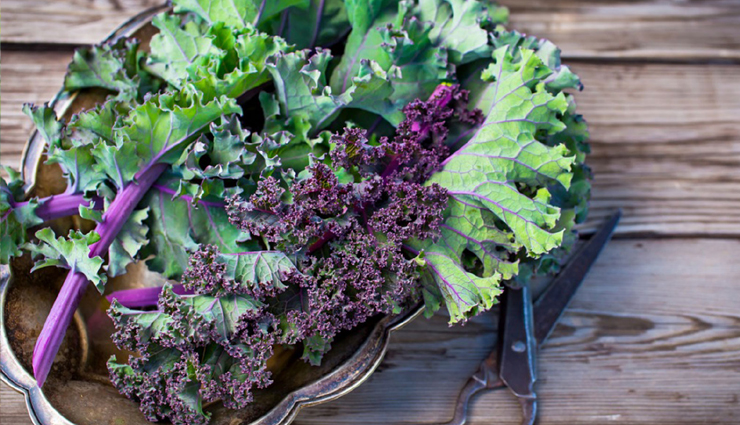
# Nutrients
Kale is considered one of the healthiest plants that you can because of the sheer amount of minerals and vitamins that you can get from even just a single raw cup. You get magnesium and manganese; omega-3 fatty acids, vitamins B6, K, B3, A, B2, and C; calcium, potassium, and copper. In the same cup, you also gain three grams of protein, 33 calories, six carbs.
# Vitamin C
Why is vitamin C so important? Vitamin C is antioxidant that has a great number of different purposes in the human body. It helps to fight off illnesses but it is also needed to make collagen which. Collagen is a protein that is responsible for a lot of functions and structures in your body.
To put the amount of vitamin C in kale into proportion. it had four and a half times as much as a serving of spinach. Kale even has more vitamin C than a whole orange.
# Vitamin K
Vitamin K, or K1 in kale, is important with binding calcium, fighting osteoporosis, blood clotting, and stopping heart diseases. Like with vitamin C, kale is packed with vitamin K. One cup of raw kale has about seven-time as much vitamin K as you are recommended to have in a day.
# Beta-Carotene
A lot of people say that kale is extremely high in vitamin A. That is not totally true. Kale is high in beta-carotene which is an antioxidant that body can use to make vitamin A. While kale does not have that high of a count in vitamin A itself, it can absolutely add the amount of the vitamin A that you have in your body.
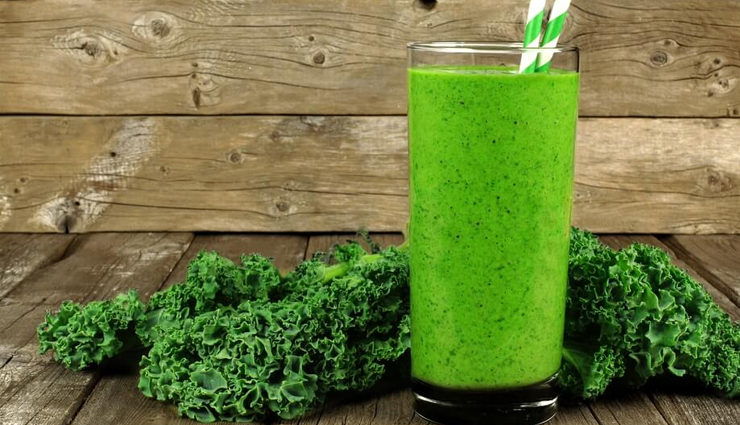
# Iron
Iron is greatly important for the human body and having anemia (an iron deficiency) can really mess with bodily functions. When looking at the nutrition of kale by calorie, this plant has more iron in it than beef does.
Iron is needed to aid in cycling oxygen through the body, keeping your liver strong and healthy, forming enzymes and cells as well as hemoglobin.
# Calcium
Calcium helps the body to build bones and keeping them strong, it helps blood through the body, and aids in cell signaling in the nerves and muscles. Kale is an excellent source of calcium considering it has more than milk. Calcium also assists in clotting blood, protecting and repairing DNA, and keep your teeth strong and healthy.





